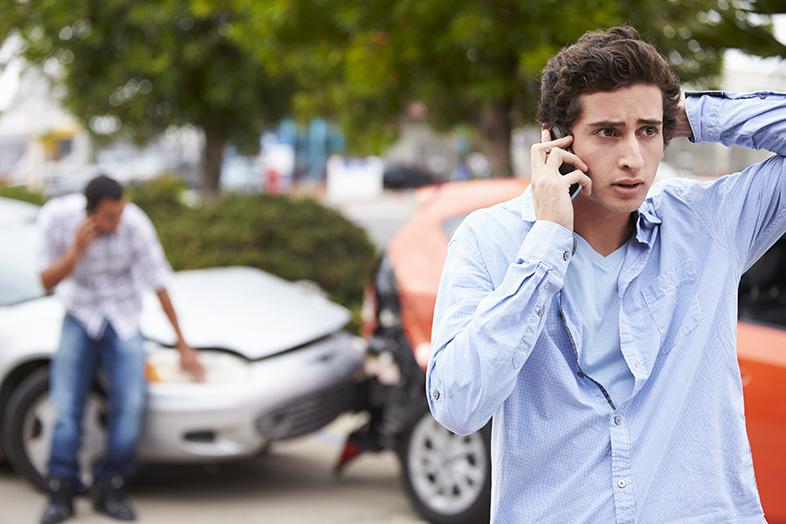It's not a shocking statistic: Most people would probably guess that teen drivers were more at risk for accidents than their adult counterparts. While it might not be true for every individual, generally speaking, teen drivers have less experience behind the wheel, so they aren't always equipped to deal with every road condition or situation they encounter.
On top of inexperience, teen drivers are getting behind the wheel with less maturity than adult drivers. That might make them more prone to distraction or poor decision making, both of which can lead to higher accident risks. There's a reason that some states and localities have laws in place that limit the amount of other teens who can be in the car when a teenager is driving.
Even among teens, though, some drivers are at greater risk than others for serious automobile accidents. According to the Centers for Disease Control and Prevention, drivers between the ages of 16 and 19 are at higher accident risk than any other age group -- a statistic that certainly reflects in the insurance rates for teen drivers.
Among that age group, though, male drivers are more at risk. While teens age 16 to 19 are three times more likely to be involved in an accident than older drivers, male drivers of this age are two times more likely to be involved in a crash than females of this age.
Other factors that increase risks of accidents include how many teens are in the car and how long the teen has been driving. Crash risks are three times as high for teens in the first month of licensure.
It's simply not viable to keep teens from driving at all, but parents can work with teen drivers on safety and awareness to reduce accident risks. If your teen is involved in an accident or you are involved in an accident involving a teen driver, consider talking with a legal professional about your rights and what you can do to seek compensation for injuries or losses.
Source: Centers for Disease Control and Prevention, "Teen Drivers: Get the Facts," accessed Nov. 18, 2016
